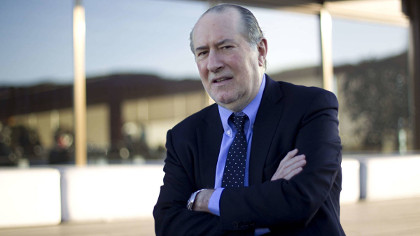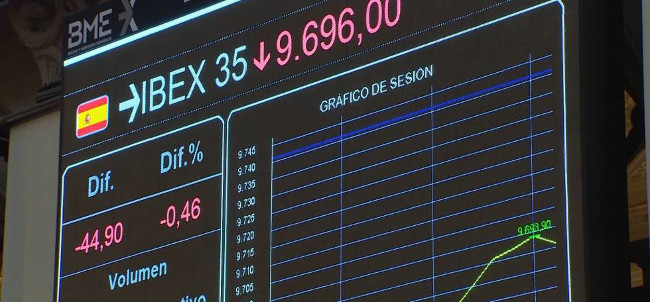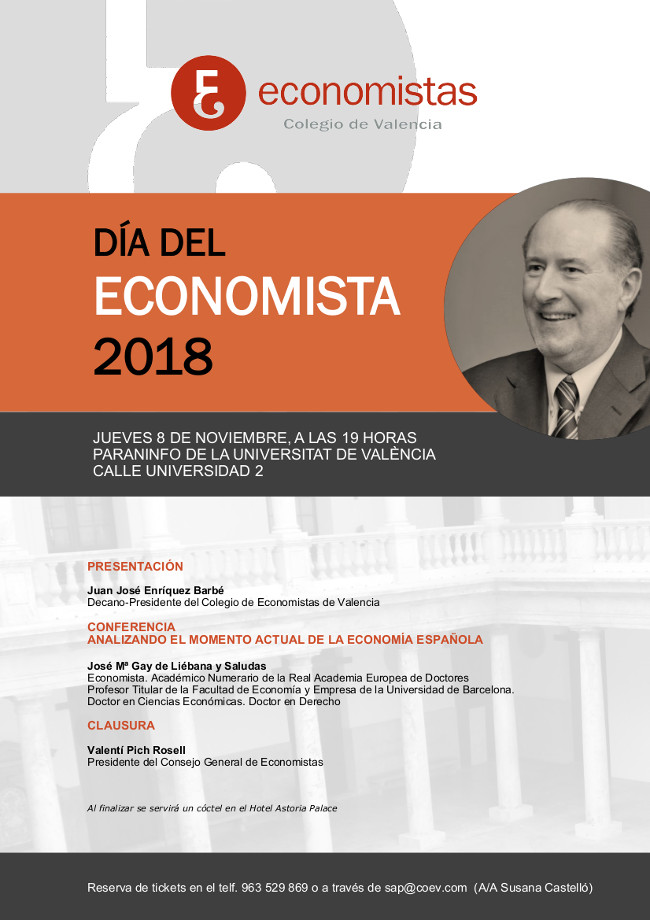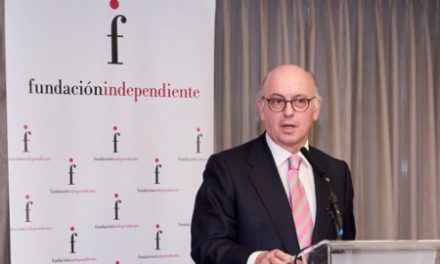
Dr José María Gay de Liébana
José María Gay de Liébana, doctor in Economics and Law, professor of the Faculty of Economics and Business of the University of Barcelona and full academician of the Royal European Academy of Doctors-Barcelona 1914 (RAED), participated on the 8th of November on the Economist’s Day organized by the Association of Economists of Valencia with the conference “Analizando el momento actual de la economía española” (Analysing the current situation of the Spanish economy). The session was held in the auditorium of the University of Valencia and was chaired by the president of the Association, Juan José Enríquez Barbé. The closing corresponded to the president of the Spanish General Council of Economists, Valentí Pich. The act concluded with a delivery of diplomas to newly incorporated economists and to those members who were 25 and 50 years old in the institution.
In his speech, Gay de Liébana reviewed the position that Spain occupies in the global economic ranking, traced the outlook offered by the current economic environment, with a somewhat tense international situation due to various circumstances, and explained the reason for the economic power of countries, insisting on the relevance and fruits of research and development with numerous examples. He then addressed the forecasts on the Spanish economy, its evolution and situation in this final stretch of 2018, the problematic labour market where hesitant employment and an alarming unemployment rate converge and then approach the economy from the point of view of family view, far from the macroeconomic features.
 In his speech, the academician appealed to be aware of the seriousness of the Spanish public finances, the unstoppable tax voracity both in the form of tax pressure and social contributions and he questioned about the State of Current welfare can be financed in the future, explaining the high social costs that represent 55% of total public spending in Spain. The final part of the conference was devoted to examining the financial sector in Spain and its resistance to new risks that could emerge and ended with the problem of financing the Autonomous Communities.
In his speech, the academician appealed to be aware of the seriousness of the Spanish public finances, the unstoppable tax voracity both in the form of tax pressure and social contributions and he questioned about the State of Current welfare can be financed in the future, explaining the high social costs that represent 55% of total public spending in Spain. The final part of the conference was devoted to examining the financial sector in Spain and its resistance to new risks that could emerge and ended with the problem of financing the Autonomous Communities.





